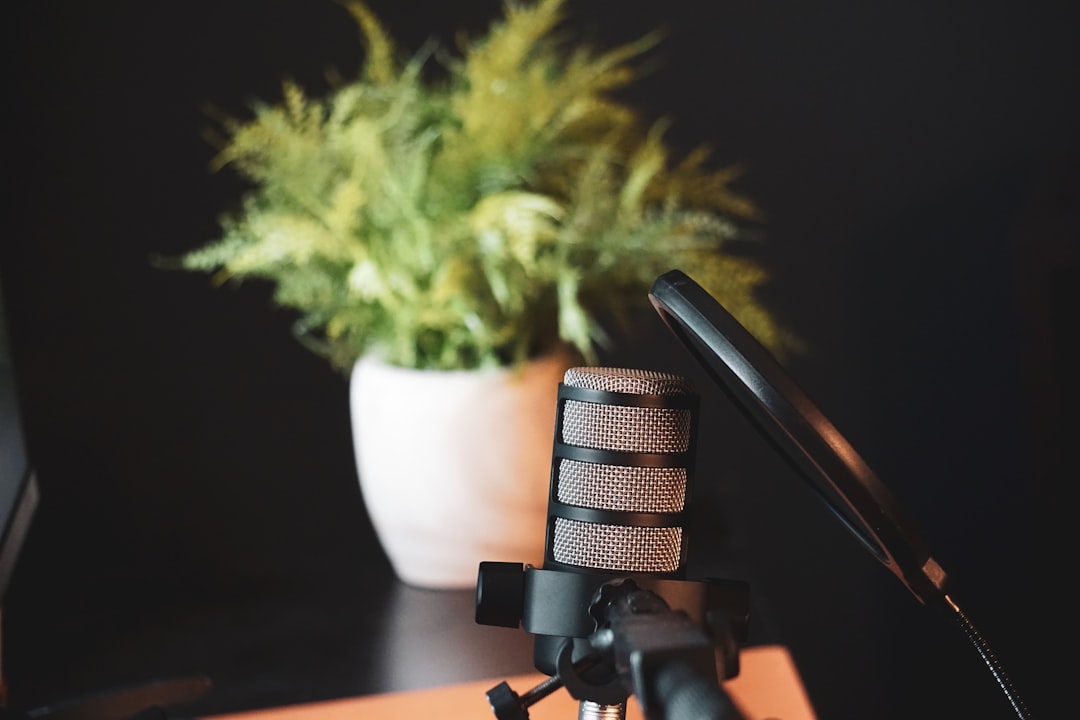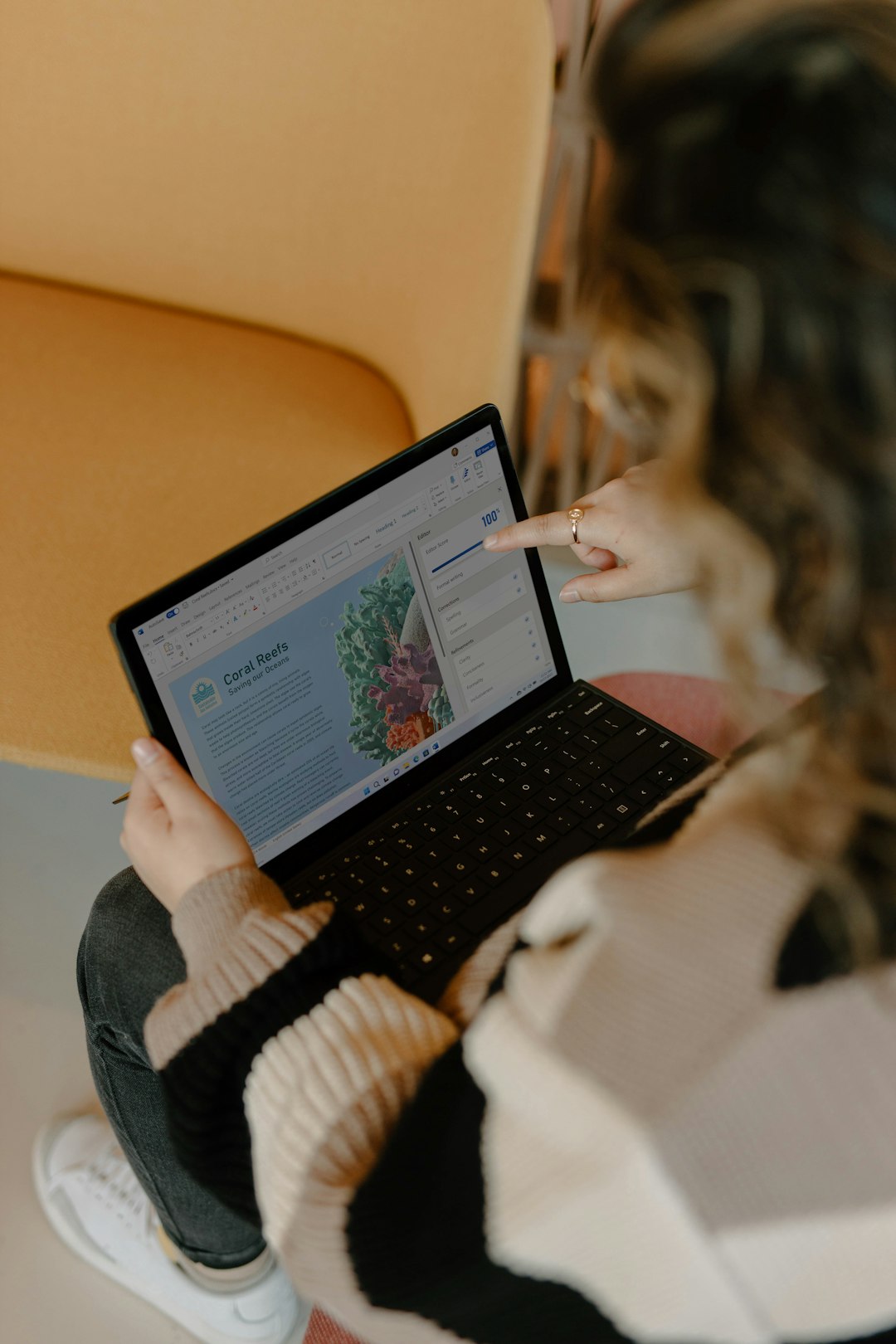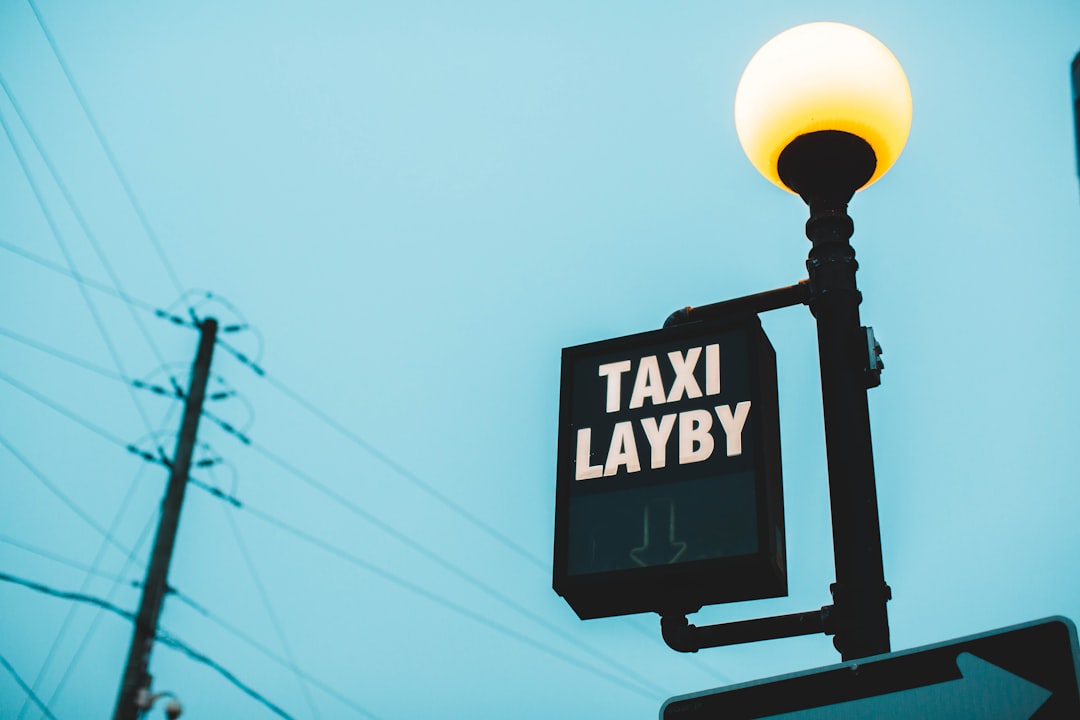Nomad Knowledge Hub The Best Tools for Location Independent Living

Introduction
Living a location‑independent life is no longer a niche experiment. With reliable internet, portable work tools, and a global community of digital nomads, more people than ever are choosing to trade a permanent address for the freedom to move. The challenge is not just packing a laptop and a backpack; it is building a toolkit that covers connectivity, finance, accommodation, productivity, health, learning, and safety.
This guide gathers the most trusted apps, books, podcasts, and online courses that help nomads thrive wherever they set foot. Each recommendation has been vetted for cross‑platform availability, affordability, and real‑world usefulness. Whether you are a seasoned wanderer or just starting to explore remote work, the resources below will help you turn the dream of location‑independent living into a sustainable reality.
Connectivity – Staying Online Anywhere
Essential Apps
Airbnb Wi‑Fi Finder – A simple map‑based tool that shows public Wi‑free zones, coworking spaces, and cafés with reliable internet. It pulls data from user reviews, allowing you to filter by speed, power outlets, and noise level.
ExpressVPN – A robust VPN service that works in over 90 countries. It bypasses geo‑restrictions, protects your data on public Wi‑Fi, and offers split‑tunneling so you can route only specific apps through the VPN.
Speedtest by Ookla – Quick speed checks are vital when you’re working from a new spot. The app records historical data so you can compare performance across locations and make informed decisions about future stays.
Google Fi – For travelers who need mobile data, Google Fi automatically switches between cellular networks and Wi‑Fi, providing seamless coverage in most regions. The pay‑as‑you‑go model is ideal for nomads with fluctuating data needs.
Books
“The Art of Mobile Living” by Laura McCoy – A practical handbook that explains how to assess internet quality, negotiate Wi‑Fi access in hostels, and set up portable routers. The author includes checklists and real‑world case studies from dozens of continents.
“Remote Work Essentials” by Daniel Reed – Although focused on remote employment, this book dedicates an entire chapter to building a reliable digital infrastructure, including advice on satellite internet providers and local SIM cards.
Podcasts
“Wi‑Fi Wanderer” – Hosted by two former IT consultants, each episode explores a new city’s connectivity landscape, interviews local co‑working space owners, and shares tips for troubleshooting common ISP issues.
“Signal Strength” – A short‑format podcast that reviews VPN services, privacy tools, and internet‑related gadgets, giving listeners concise recommendations they can act on immediately.
Online Courses
“Global Internet Mastery” (Udemy) – A 4‑hour video series that walks you through setting up personal hotspots, using DNS over HTTPS, and optimizing video calls on low‑bandwidth connections.
“Secure Remote Access” (Coursera, offered by University of London) – A deeper dive into encryption, VPN protocols, and network security best practices for remote workers.
Finance – Managing Money on the Move
Essential Apps
TransferWise (now Wise) – Low‑cost international transfers with real‑time exchange rates. The multi‑currency account lets you hold and spend money in 50+ currencies, reducing fees when you pay for accommodation or services abroad.
Revolut – A fintech platform that offers a disposable virtual card for online shopping, budgeting tools, and instant currency conversion. Its travel insurance add‑on can be activated for a single trip, saving you from purchasing separate policies.
Currency – Real‑Time Exchange – Tracks live exchange rates and alerts you when a favorable rate appears. Ideal for timing larger transfers or converting savings.
Nomad Budget – A budgeting app built specifically for digital nomads. It categorizes expenses by country, travel mode, and accommodation type, giving you a clear picture of where your money goes.
Books
“Money for Nothing: The Nomad’s Guide to Financial Freedom” by Anika Patel – Covers everything from tax considerations for remote workers to building an emergency fund while traveling. Includes worksheets for budgeting and tax filing in multiple jurisdictions.
“The 4‑Hour Workweek” by Timothy Ferriss – A classic that introduced the concept of lifestyle design and offers actionable steps for automating income streams, negotiating remote work contracts, and leveraging the global economy.
Podcasts
“Financial Nomads” – A weekly show where financial advisors answer listener questions about offshore banking, tax residency, and investing while on the road.
“The Side Hustle Show” – While not exclusively for travelers, this podcast highlights remote income ideas that can fund a nomadic lifestyle, such as freelance consulting, digital product sales, and affiliate marketing.
Online Courses
“International Tax for Digital Nomads” (Skillshare) – A 6‑lesson series that demystifies tax residency, double‑tax treaties, and filing requirements for remote workers moving between countries.
“Investing on the Go” (edX, offered by MIT) – Teaches how to set up low‑maintenance investment portfolios that can be managed from any device, with a focus on tax‑efficient strategies for global citizens.
Accommodation – Finding Home Anywhere
Essential Apps
Nomad List – A community‑driven platform that ranks cities based on cost of living, internet speed, safety, and expat friendliness. It also includes a built‑in housing search that filters listings by short‑term rentals, co‑living spaces, and hostels.
Couchsurfing – Connects travelers with local hosts offering free accommodation. The app’s verification system and community reviews help you find trustworthy stays, especially when you’re on a tight budget.
Selina – A boutique hotel chain geared toward remote workers, offering co‑working spaces, high‑speed internet, and community events. The app lets you book rooms, coworking desks, and local experiences in one place.
Airbnb – Still the go‑to platform for short‑term rentals. The “Monthly Stays” filter is useful for nomads looking for a longer‑term base at a discounted rate.
Books
“The Global Nomad’s Handbook” by Michael Ortega – Provides a city‑by‑city guide to safe neighborhoods, visa requirements, and recommended accommodation types for different budgets.
“Living Cheap in the World” by Sara Kline – Offers strategies for negotiating long‑term stays, leveraging house‑sitting opportunities, and using loyalty programs to reduce lodging costs.
Podcasts
“Home Base” – Interviews with travelers who have mastered the art of finding affordable, reliable housing around the globe. Episodes cover topics such as negotiating with landlords, using Airbnb for monthly rentals, and the pros and cons of co‑living.
“Travel Hacking 101” – While focused on flights and credit cards, the podcast frequently discusses accommodation hacks, including points redemption for hotel stays and Airbnb credit card offers.
Online Courses
“Smart Booking for Digital Nomads” (Udacity) – A project‑based course that teaches you how to compare platforms, read reviews critically, and use data to predict price trends for short‑term rentals.
“Co‑Living and Community Building” (FutureLearn, offered by University of Queensland) – Explores the social dynamics of co‑living spaces, how to find the right community, and best practices for conflict resolution in shared housing.
Productivity – Getting Work Done on the Road
Essential Apps
Notion – An all‑in‑one workspace for notes, tasks, databases, and wikis. Its flexibility makes it ideal for tracking projects, itineraries, and personal goals across devices.
Todoist – A simple yet powerful task manager with natural language input, recurring tasks, and project sharing. Integrates with calendar apps and can be used offline.
Loom – Record quick video messages or screen captures for asynchronous communication with teammates across time zones.
Zapier – Automates repetitive workflows between apps, such as saving email attachments to cloud storage or posting task updates to Slack.
Forest – A focus timer that encourages deep work by growing a virtual tree while you stay off your phone.
Books
“Deep Work” by Cal Newport – Argues that the ability to focus without distraction is a superpower in a connected world. Provides actionable strategies for cultivating concentration, even in noisy cafés.
“The 12‑Week Year” by Brian P. Moran and Michael Lennington – Offers a framework for setting short‑term goals, tracking progress, and maintaining momentum, which aligns well with the fluid schedules of nomads.
Podcasts
“The Productivity Show” – Covers tools, habits, and systems that help remote workers stay organized, with episodes dedicated to time‑boxing, digital minimalism, and building effective routines while traveling.
“Remote Work Radio” – Features interviews with successful digital nomads who share their daily workflows, favorite apps, and tips for balancing work and exploration.
Online Courses
“Getting Things Done (GTD) for Remote Workers” (LinkedIn Learning) – A 2‑hour video series that adapts David Allen’s GTD methodology to the challenges of a mobile lifestyle.
“Designing a Remote Work System” (Coursera, offered by University of California, Irvine) – Teaches how to create a personal productivity stack, set up effective communication channels, and measure output without relying on office metrics.
Health & Wellness – Staying Fit and Balanced
Essential Apps
Fitbit App – Syncs with any Fitbit device to track steps, heart rate, sleep, and activity goals. The app also offers guided workouts that can be done in a hotel room or park.
Headspace – Provides short meditation sessions, breathing exercises, and sleep aids, ideal for managing stress from frequent travel and time‑zone changes.
MyFitnessPal – A food diary that helps you monitor nutrition, count calories, and stay mindful of dietary changes when trying new cuisines.
First Aid by Red Cross – A comprehensive offline guide to emergency medical procedures, useful when traveling in regions with limited healthcare access.
Books
“The Nomad’s Guide to Health” by Dr. Elena Ramos – Covers preventive care, vaccination schedules, mental health strategies, and how to find reliable medical providers abroad.
“Eat, Move, Sleep” by Dr. Rachael H. Brown – Offers evidence‑based advice for maintaining a balanced lifestyle while on the move, including portable workout routines and sleep hygiene tips for varying environments.
Podcasts
“Travel Health Podcast” – Discusses topics such as staying healthy on long flights, managing jet lag, and navigating healthcare systems in different countries.
“Mindful Nomad” – Explores mindfulness practices tailored for travelers, featuring guided meditations and interviews with wellness experts who travel extensively.
Online Courses
“Portable Fitness” (Skillshare) – A series of short videos teaching bodyweight workouts, resistance band routines, and yoga flows that require minimal equipment.
“Travel Psychology: Coping with Change” (edX, offered by University of Edinburgh) – Examines the psychological impact of frequent relocation and offers strategies for resilience, community building, and identity formation.
Community & Learning – Connecting and Growing
Essential Apps
Meetup – Find local groups for tech, language exchange, hiking, or entrepreneurship. Attending events helps you build a network quickly in a new city.
Discord – Many nomad communities maintain Discord servers for real‑time chat, resource sharing, and virtual co‑working sessions.
Duolingo – Learn basic phrases of a new language in a gamified format, making it easier to integrate into local cultures.
Goodreads – Track books you read on the road, discover recommendations from fellow travelers, and join reading challenges that keep you intellectually stimulated.
Books
“The Global Citizen Playbook” by James Liu – Provides a roadmap for building meaningful relationships across cultures, leveraging social platforms, and contributing to local communities responsibly.
“Learning on the Move” by Priya Nair – Focuses on self‑directed education while traveling, including how to find local workshops, online courses, and mentorship opportunities abroad.
Podcasts
“The Nomad Podcast” – Features stories from digital nomads who have built successful businesses, community projects, and personal brands while traveling.
“Learning in Motion” – Highlights platforms, MOOCs, and micro‑learning tools that are especially useful for people with irregular schedules.
Online Courses
“Cross‑Cultural Communication” (FutureLearn, offered by University of Leeds) – Teaches skills for navigating cultural differences, essential for building trust in new environments.
“Building a Remote Community” (Udemy) – Guides you through creating and nurturing online communities, from Discord server setup to engagement strategies.
Safety & Security – Protecting Yourself and Your Assets
Essential Apps
Find My iPhone / Find My Device – Locate lost devices, lock them remotely, and erase data if necessary.
1Password – Stores passwords, travel documents, and secure notes behind a single master password. Its travel mode hides sensitive vaults while you cross borders.
TripIt – Consolidates travel itineraries into one secure location, allowing you to share plans with trusted contacts in case of emergencies.
Google Maps Offline – Download maps for offline navigation, ensuring you can find routes without relying on cellular data.
Books
“Travel Safety Handbook” by Karen Doyle – Covers risk assessment, personal security techniques, and how to handle common travel emergencies.
“The Solo Traveler’s Survival Guide” by Mark Whitfield – Offers practical advice for solo nomads, including self‑defense basics, scam avoidance, and emergency communication protocols.
Podcasts
“Secure Nomad” – Discusses cybersecurity, data protection, and physical safety for travelers, featuring interviews with security experts and law enforcement officials.
“Travel Crime Stories” – Shares real‑world incidents and lessons learned, helping listeners recognize red flags and avoid dangerous situations.
Online Courses
“Digital Security for Travelers” (Coursera, offered by University of Maryland) – Teaches encryption, secure communications, and safe browsing practices while on public networks.
“First Aid for Travelers” (edX, offered by Red Cross) – A certification‑style course covering basic life support, wound care, and emergency response in remote settings.
Putting It All Together – Creating Your Personal Nomad Toolkit
-
Assess Your Priorities – Identify which categories are most critical for your current stage. A new nomad may focus on connectivity, finance, and accommodation, while a veteran may prioritize community, health, and security.
-
Start Small – Adopt one app or tool per category before expanding. This prevents overwhelm and allows you to evaluate real‑world performance.
-
Test in a Low‑Risk Environment – Use a short‑term stay in a familiar city to trial new productivity systems, VPNs, or budgeting apps. Adjust settings based on feedback from your experience.
-
Create a Central Dashboard – Use Notion or a similar workspace to compile login information, subscription details, and quick links for all tools. Include a “Travel Checklist” that reminds you to update passwords, backup data, and verify insurance before each departure.
-
Iterate Regularly – Every few months, review usage statistics from apps like Speedtest, Nomad Budget, or FitBit. Remove tools that no longer serve you and replace them with newer solutions that align with emerging needs.
-
Engage with Community – Share your toolkit on Discord or Meetup groups. Peer feedback often uncovers hidden features or alternative apps that can improve efficiency.
-
Maintain Backups – Keep encrypted copies of important documents (passports, visas, insurance policies) on a cloud service and an offline USB drive. This redundancy protects you against device loss or theft.
Final Thoughts
The freedom of a location‑independent lifestyle rests on a solid foundation of reliable tools. By curating the right mix of apps, books, podcasts, and courses, you can navigate new cities with confidence, keep your finances healthy, stay productive on the road, and protect both your physical and digital wellbeing.
Remember that tools are only as good as the habits you build around them. Consistent use, periodic review, and active engagement with the global nomad community will turn this toolkit into a living system that adapts to every corner of the world you choose to explore.
Embrace the journey, stay curious, and let these resources empower you to live and work anywhere you desire.
Random Posts

Your Nomadic Toolbox Apps Books Podcasts and More
Discover the ultimate nomad toolbox: top apps, books, podcasts and courses that boost productivity, simplify travel, and keep you inspired on the road.
2 months ago

Top Remote Job Boards Every Freelancer Should Bookmark
Discover the essential remote job boards that let freelancers skip endless scrolling, find vetted projects, filter by pay and length, and turn the job hunt into a quick, predictable routine.
1 week ago

Smart Tax Moves for Digital Nomads and Global Residents
Learn how digital nomads can protect cash flow, avoid surprise liabilities, and legally minimize taxes with simple moves that match your travel pattern and income sources.
2 months ago

Explore Latin America’s Best Digital Nomad Cities
Discover Latin America’s top digital nomad cities, where fast internet, affordable living, vibrant culture and thriving coworking scenes combine to boost productivity and adventure for freelancers, founders and remote teams.
2 months ago

Financial Freedom Guide to Residency Options and Tax Planning for Travelers
Learn how nomadic professionals can pick the right residency, handle cross-border taxes and use offshore tools to create a tax-efficient home base and achieve real financial freedom
1 month ago
Latest Posts

Essential Software Every Remote Professional Should Use
Master remote work with essential tools: instant messaging like Slack, high definition video calls such as Zoom, and asynchronous voice apps. Streamline communication, stay connected and boost productivity.
1 day ago

Mastering Remote Work Productivity for Digital Nomads and Freelancers
Learn proven habits, tools, and tactics that help digital nomads and freelancers stay focused, deliver quality work, and maintain a sustainable lifestyle while traveling the world.
1 day ago

Tech‑Friendly European Towns Perfect for Remote Living
Discover Europe’s best small towns where fast internet, affordable living and vibrant tech communities let you work remotely while soaking up historic charm, lakeside views or mountain air.
1 day ago